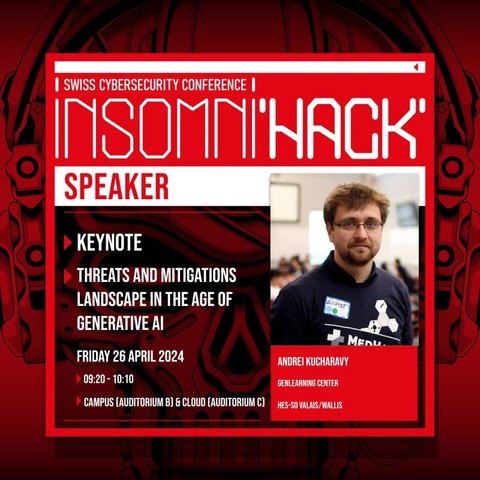A lot of work on #FAIR has been rather cosmetic and focused on the easy F and A parts. For universities, it can often be a box-ticking exercise. As the excellent #WorldFAIR outputs indicate, it's often been about placing datasets on shelves rather than making the data reusable and accessible.
But I would push back and argue that, when #FAIR is used as a lens to see data from the standpoint of future (re-)use, it is a massive leap forward. Of course, it's then really a call to adopt robust data engineering at all stages in the data pipeline.
This is even more important in the age of #generativeML. Proper documentation of data provenance, licensing, transformations, structure and semantics is essential if we are going to keep track of what ostensible data comes from actual sensors or human observers or has been generated in predictable well-understood ways from such observations.
The CARE principles are also really important as they go into the ethical considerations for how we collect, manage, use and share data.
My only hesitation is not with the CARE principles or with the wording or with the fact that is immensely important for us to decolonialise our approach to information gathering. It's with the fact that they've become a reason to compartmentalise management of Indigenous knowledge and data and to treat the ethics of using those data as a narrowly defined issue. Focus on Indigenous data will help those already inclined to consider these issues to do so, but it risks making an exclusionary culture-war-adjacent issue.
Without in any way wanting to reduce our focus on the excellent reasons for #GIDA and others to foreground these principles, the challenges they address are the same ones that we all face in a capitalist and authoritarian #panopticon.
The CARE principles are part of what should be a much broader rallying cry for consent in data management everywhere. Of course, my suggesting this may just contribute to devaluing the proper concerns of Indigenous communities in this area, but I can only really see foresee the necessary IT underpinnings and practices getting mainstream adoption if they are seen as a central issue.

